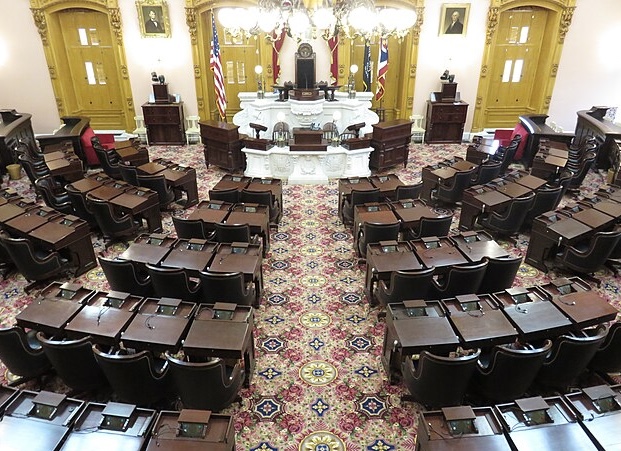In June 2014, the University of Dayton ventured into fairly uncharted territory for a Catholic college, much less any academic institution in the United States.
The Marianist school in western Ohio made the public commitment to divest its entire investment portfolio — then $670 million, with half a billion in its endowment — from the fossil fuel industry.
The decision wasn’t an easy one to reach, nor was it a fast one to implement. To add to the complexity, there were few examples out there of how to go about it, as fewer than 10 universities nationwide at that point had made the move to cut ties with fossil fuels.
In a way, Dayton was out on a limb, especially among Catholic institutions in the United States.
It would be another year before Pope Francis released his encyclical “Laudato Si’, on Care for Our Common Home,” meaning leaders at Dayton couldn’t tap into the pope’s prophetic message for consultation or ground their decision-making in the document. Without it, they were unable to tap into a mobilizing refrain from the encyclical that has since compelled nearly 200 other Catholic organizations, religious orders, dioceses and schools to abandon the financing of fossil fuels: “We know that technology based on the use of highly polluting fossil fuels — especially coal, but also oil and, to a lesser degree, gas — needs to be progressively replaced without delay.”
Six years later, the story of how Dayton, now completely divested for more than three years, moved…
ShareDiscover more from Ohio Sustainable Business Council
Subscribe to get the latest posts sent to your email.



